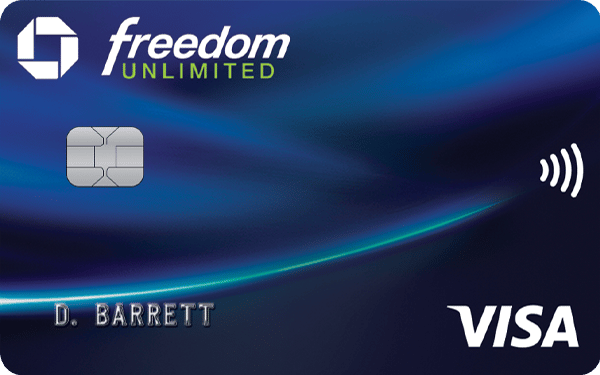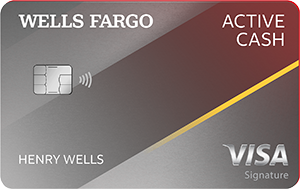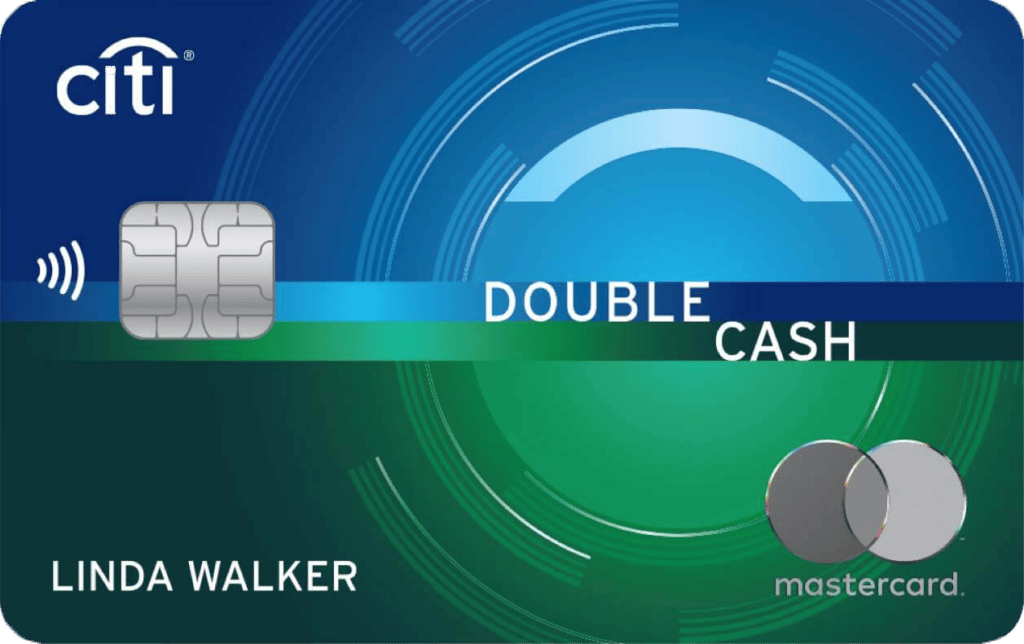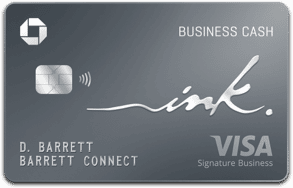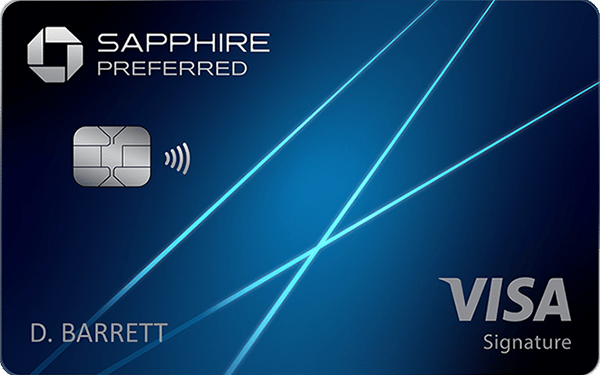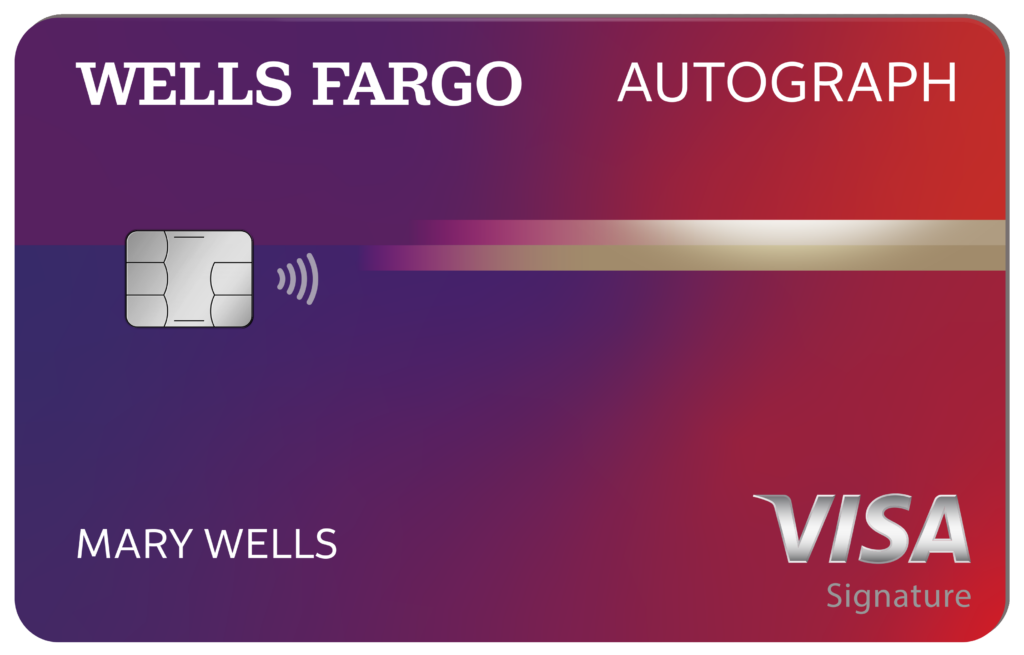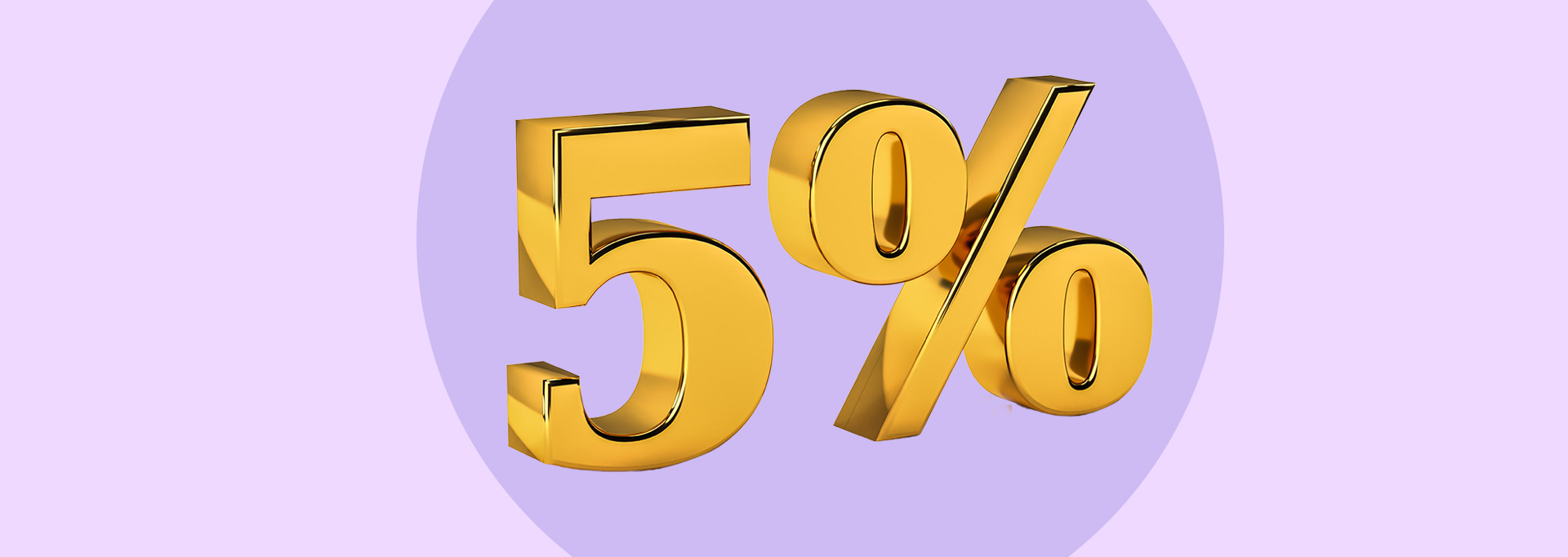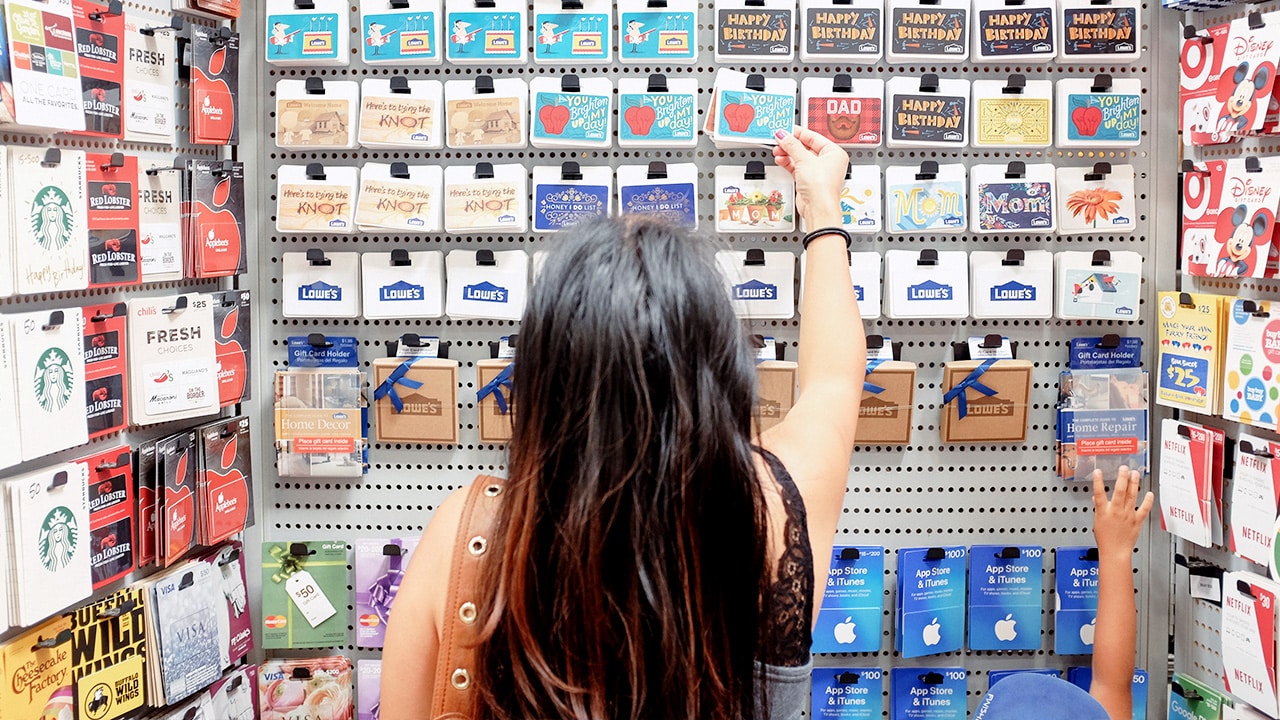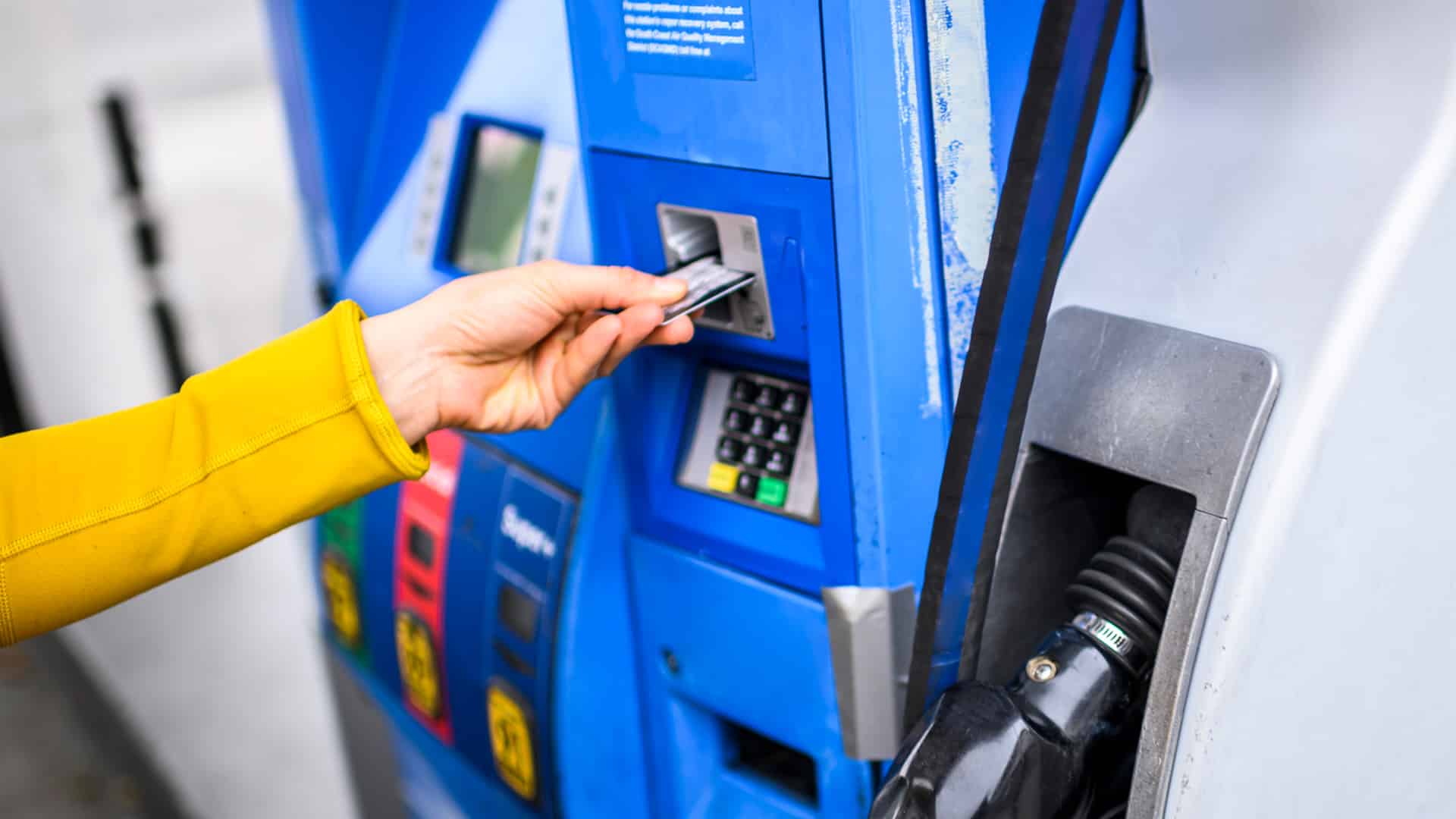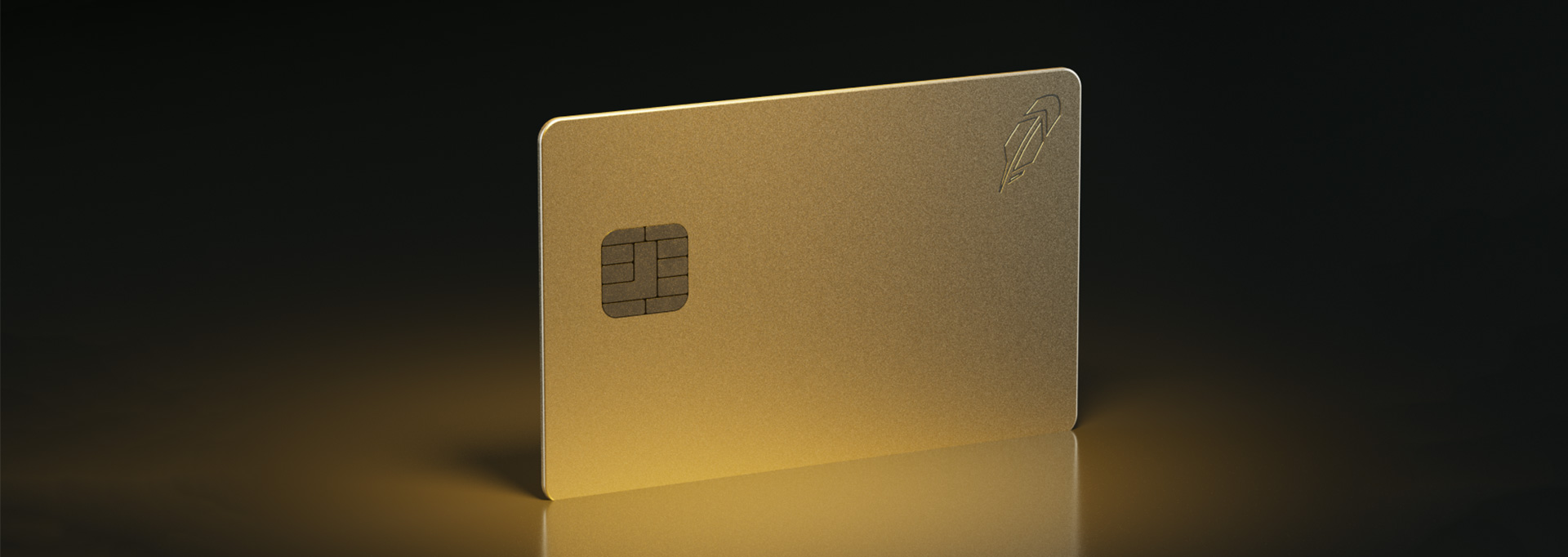Most products on this page are from partners who may compensate us. This may influence which products we write about and where and how they appear on the page. However, opinions expressed here are the author's alone, not those of any bank, credit card issuer, airline or hotel chain.
Using a rewards credit card over a debit card can take your everyday purchases to the next level. The best rewards credit cards offer cash back or points in exchange for your spending, which gives you more room in your budget for dream trips. Here’s how a rewards credit card works and how you can use one to your advantage.
How Cash-Back Rewards Work

A rewards credit card gives users incentives when they make qualifying purchases. Rewards vary by card issuer and a card user’s spending habits. Some cards reward you more for spending in specific categories. Many rewards credit cards come with a special sign-up bonus offer after users hit the stated spending limit.
A lot of cards also offer special rewards bonuses on specific types of purchases. These vary by card, so it's smart to look for one that will reward you the most for your spending habits.
The best cash-back cards offer rewards in three ways:
- Flat-rate
- Tiered
- Rotating
Flat-Rate Credit Cards
Flat-rate cards have a set rate, usually 1% to 2%. You earn this flat rate on virtually all of your purchases, from groceries to gas to airline tickets. This type of credit card earning simplifies the process, but it also leaves a lot of rewards on the table when compared to other cards.
Tiered Rewards Credit Cards
Tiered rewards cards offer both a flat spending rate of 1% or 1.5% on some categories and a higher rewards rate for select categories, such as 3% back on dining or 4% back on gas purchases. These cards are extremely beneficial for maximizing certain areas of your spending.
One downside with these cards is that if you apply for a card that offers higher cash back in a category you don’t spend a lot of money in, such as travel, you aren’t going to see a huge difference over a flat-rate rewards card.
Rotating Category Credit Cards
Rotating category cards offer rotating bonus percentage on specific categories during specific times of the year. These cards usually come with a standard 1% rewards rate and a 5% reward rate on the quarter’s special category, but rates can vary. This could look like 5% back on gas January through March and then 5% back on groceries April through June. These rewards are also capped at a certain purchase amount, such as $1,500.
Recommended Cash-Back Credit Cards
| Credit Card | Rewards Rate | Intro Bonus | Annual Fee | Learn More |
|---|---|---|---|---|
|
|
1.5% - 5%Cashback
Enjoy 5% cash back on travel purchased through Chase TravelSM, our premier rewards program that lets you redeem rewards for cash back, travel, gift cards and more; 3% cash back on drugstore purchases and dining at restaurants, including takeout and eligible delivery service, and 1.5% on all other purchases |
1.5%Extra Cash Back
Earn an extra 1.5% on everything you buy (on up to $20,000 spent in the first year) — worth up to $300 cash back. That’s 6.5% on travel purchased through Chase TravelSM, 4.5% on dining and drugstores, and 3% on all other purchases. |
$0 | Apply Now |
|
|
2%Cashback
Earn unlimited 2% cash rewards on purchases. |
$200Cash Bonus
Earn a $200 cash rewards bonus after spending $500 in purchases in the first 3 months. |
$0 |
Apply Now Rates & Fees |
|
|
2%Cashback
Earn 2% on every purchase with unlimited 1% cash back when you buy, plus an additional 1% as you pay for those purchases. To earn cash back, pay at least the minimum due on time. Plus, for a limited time, earn 5% total cash back on hotel, car rentals and attractions booked on the Citi Travel℠ portal through 12/31/24. |
$200Cash Bonus
Earn $200 cash back after you spend $1,500 on purchases in the first 6 months of account opening. This bonus offer will be fulfilled as 20,000 ThankYou® Points, which can be redeemed for $200 cash back. |
$0 |
Apply Now Rates & Fees |
|
|
1% - 5%Cashback
Earn 5% cash back on your first $25,000 spent in combined purchases at office supply stores and on internet, cable and phone services each account anniversary year. It also offers you 2% cash back on your first $25,000 spent in combined purchases at gas stations and restaurants each account anniversary year. |
$750Cash Bonus
Earn $350 when you spend $3,000 on purchases in the first three months and an additional $400 when you spend $6,000 on purchases in the first six months after account opening |
$0 | Apply Now |
What Determines Bonus Rewards?
Bonus rewards are typically set by the issuer, though some cards allow users to select between two or three bonus category choices. Rewards credit cards that are branded under a specific airline or hotel chain typically give the most bonus rewards for purchases made through them. Additionally, many credit cards offer promotional bonus offers for spending at a specific retailer.
How to Redeem Cash-Back Rewards
Cash back gives card users the most flexibility and most cards offer this option. That said, if a point- or mile-based card offers the chance for you to trade in your points or miles for cash, you will probably see a lower monetary value over using the points or miles toward travel.
Card issuers make it easy to get your cash-back rewards—here are a few of the common ways:
- Statement credit
- Cash transfer directly into your bank account
- A check mailed to your home (this might require special contact or an additional fee)
- Toward purchases with popular retailers, like Amazon, once you link your card
How Travel Rewards Cards Work

With a travel rewards credit card, you'll earn points or miles with every purchase, which can then be redeemed for your future travel plans. General travel cards earn points or miles back on virtually every purchase, regardless of the airline or hotel chain.
Co-branded travel cards, the ones that align with a specific airline or hotel, reward users with more points for loyalty spending. This is beneficial if you are loyal to one airline or hotel chain or if you want to reap the additional benefits these co-branded cards bring, such as free checked bags or a free hotel stay on your card anniversary.
Travel rewards cards are best for those who travel frequently because they will earn more points on trip expenditures and have an easier time redeeming earned points for their desired destinations. If you love the idea of using your points to travel more but don’t actually travel much yet, stick with a popular rewards card instead to rack up the points faster.

Should You Book Your Next Trip With Points and Miles or Cash?
What Is a Point or Mile Worth?
Generally, points and miles are worth 1 cent. So you will need to spend $1,000 to earn $10 in rewards. However, using your points or miles wisely can help you redeem them for 2 to 3 cents per point.
For example, choose a last-minute flight or a flight during the holidays, and your points could be worth less than one cent each. On the other hand, redeem your points for a less popular flight during off-season and your points can be worth 3 cents. Always calculate the flight you want to book to make sure you are getting the maximum worth for your points.
How to Redeem Travel Rewards
Many cards let you to redeem your travel rewards in these ways:
- Cash back or statement credit
- Travel purchased through the card
- Transfer points to partner hotel or airline
These methods are what distinguish the card users who get a few hundred dollars back in cash each year with those who go on trips for free. If you request your travel rewards as cash, you aren’t going to see the best return on your points. Travel purchased through your card issuer’s portal can result in great travel deals, but take time to research transfer partners.
Some cards offer one-to-one transfers on travel partners, which means you can move all of your points over to an airline. Booking a flight directly through the airline using airline points could cost you fewer points than booking the same flight through your card’s travel booking site. Transferring points to partners is also a great way to pool together points.
Say you already had points on your Hilton Rewards program from staying there earlier this year. You don’t have enough points to earn a free room, and you don’t want the Hilton-branded credit card to get that free room either. If your travel rewards card offered one-to-one transfers to your Hilton Rewards program, you can then combine your points for that free room.
 Related Article
Related Article
The 5 Best Hotel Loyalty Rewards Programs
How to Choose the Right Rewards Card for You
With so many rewards and travel cards out there, how do you know which is right for you? The easiest way to know which card is best is to evaluate your spending. Once you know where your money is going, you can choose a card that will reward you the most in that category.
Also consider how much time you want to invest in your reward card. Do you want to keep up with rotating category bonuses and make sure you are getting the best flight deals for your points? Or would you rather something easier like a card that earns 1% cash back on every purchase?
Below are a few of our highest-rated rewards cards. Visit our best rewards credit card guide to compare offers and benefits from card issuers.
Recommended Rewards Credit Cards
| Credit Card | Rewards Rate | Annual Fee | Intro Bonus | Learn More |
|---|---|---|---|---|
|
|
1x- 5xPoints
Enjoy benefits such as 5x on travel purchased through Chase Travel℠, 3x on dining, select streaming services and online groceries, 2x on all other travel purchases, 1x on all other purchases, $50 Annual Chase Travel Hotel Credit, plus more. |
$95 |
60,000Chase Ultimate Rewards Points
Earn 60,000 bonus points after you spend $4,000 on purchases in the first 3 months from account opening. That's $750 when you redeem through Chase Travel℠. Dollar Equivalent: $1,380 (60,000 Chase Ultimate Rewards Points * 0.023 base) |
Apply Now |
|
|
1.5% - 5%Cashback
Enjoy 5% cash back on travel purchased through Chase TravelSM, our premier rewards program that lets you redeem rewards for cash back, travel, gift cards and more; 3% cash back on drugstore purchases and dining at restaurants, including takeout and eligible delivery service, and 1.5% on all other purchases |
$0 |
1.5%Extra Cash Back
Earn an extra 1.5% on everything you buy (on up to $20,000 spent in the first year) — worth up to $300 cash back. That’s 6.5% on travel purchased through Chase TravelSM, 4.5% on dining and drugstores, and 3% on all other purchases. |
Apply Now |
|
|
1x - 3xPoints
Earn unlimited 3X points on the things that really add up - like restaurants, travel, gas stations, transit, popular streaming services, and phone plans. Plus, earn 1X points on other purchases. |
$0 |
20,000Points
Earn 20,000 bonus points when you spend $1,000 in purchases in the first 3 months - that's a $200 cash redemption value. Dollar Equivalent: $200 (20,000 Points * 0.01 base) |
Apply Now Rates & Fees |
|
|
1X-10XPoints
10x on Hotels, Car Rentals, and Attractions booked through CitiTravel.com 3x -- Earn 3 Points per $1 spent on Air Travel and Other Hotel Purchases 3x -- Earn 3 Points per $1 spent on Restaurants 3x -- Earn 3 Points per $1 spent on Supermarkets 3x -- Earn 3 Points per $1 spent on Gas and EV Charging Stations 1x -- Earn 1 Point per $1 spent on All Other Purchases |
$95 |
70,000Citi ThankYou® Points
Earn 70,000 bonus ThankYou® Points after spending $4,000 in the first 3 months of account opening, redeemable for $700 in gift cards or travel rewards at thankyou.com. Dollar Equivalent: $1,260 (70,000 Citi ThankYou® Points * 0.018 base) |
Apply Now Rates & Fees |
There is no perfect card for everyone, but a little research and evaluation of your spending habits can help you pick the right card for you.
Reward Card Risks
Earning rewards for spending money you were already going to spend—what could go wrong? While credit card perks are an amazing way to stretch your spending power, it's also easy to go overboard with buying.
If your rewards card could put you into debt, there's a good chance the interest paid on the debt will negate any rewards. This pressure to spend is multiplied when you are trying to meet a spending limit for a sign-up bonus. Dropping $5,000 in three months on purchases you wouldn’t have made otherwise can create more financial stress. You might have earned $500 worth of free travel, but it's not worth scrambling to pay off $5,000 of debt. Consider if you are in a healthy place financial to complete sign-up bonuses before committing to a card.
Whichever rewards credit card you apply for, make sure it's the right one for your spending habits.
FAQs
-
Credit card rewards are incentives offered by the issuer, such as miles, credits, cash back or points. To earn rewards, the issuer typically requires eligible purchases in set categories. For example, earning 1 point for every $1 spent on gas and groceries.
Points can then be redeemed through other mediums like gift cards or statement credits. Each credit card and credit card issuer is different in their stipulations, rewards and contingencies so check with your issuer for clarification on reward rules.
-
A rewards credit card is a credit card that allows an incentivized system for redeeming "rewards," such as points, miles, credits or cash back for making eligible purchases with your credit card.
-
Credit card points are typically the medium used to earn miles. For example, some credit card issuers allow you to earn points on eligible purchases that can be cashed in for miles with an affiliated airline. Check with your credit card issuer for details on their rewards structure.
-
It depends, but most credit card issuers do not have timeline of expiration enforced on their rewards points. As long as your account remains open and in good standing with your issuer, points can be carried from month to month and year over year to be used at your discretion. However, check with your credit card issuer for confirmation on their points structure and rules.





